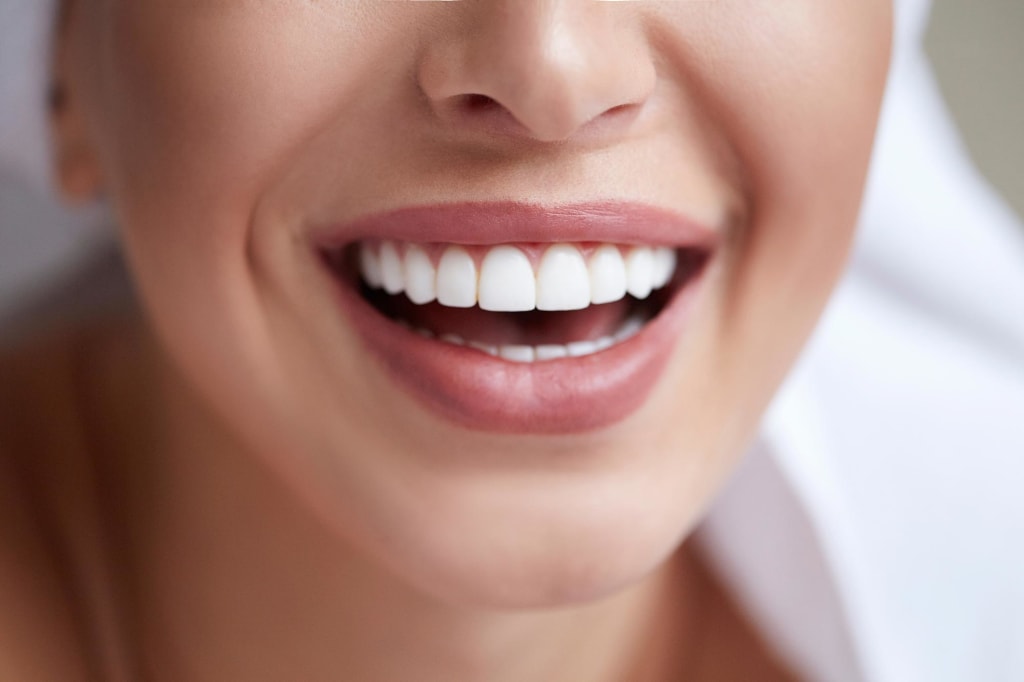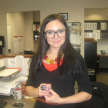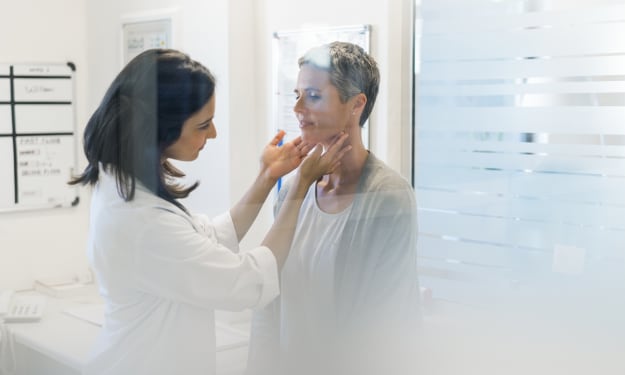10 Debunked Myths About Your Teeth You Should Know About
Everyone wants to have healthy teeth and gums. But there are a lot of myths and misconceptions that can make you misunderstand proper oral care. That’s why many people are prone to many oral issues. In this article, we have gathered 10 debunked myths about your teeth you should know about.

1. Tooth brushing once a day is enough
Many people tend to brush their teeth once a day and think that it is enough. But the reality is that your oral cavity accumulates bacteria, food particles, and dental plaque that can cause bad breath and contribute to the development of many oral issues.
Tooth brushing can help keep your teeth clean and reduce the negative impact of bacteria on your teeth. You should also use dental floss once a day to remove plaque and food particles that can get stuck between your teeth.
2. Gum disease doesn’t affect the teeth
Gum disease is an inflammation that affects your gums. In the initial stages, gum disease affects only gums. They become swollen, red, and tender. Bleeding during tooth brushing is also common for gum disease.
If left untreated, gum disease progresses and leads to gum recession and teeth loosening. This can result in increased tooth sensitivity when receded gums expose the roots of the tooth and teeth loss. That's why it is essential to visit a dentist and treat gum disease if you have at least some symptoms.
3. Tooth decay can be treated at home
Tooth decay is a hole in the tooth that can cause severe toothache and bad breath. It occurs when the bacteria in your oral cavity multiply actively and produce acids that soften and wear out your tooth enamel.
If you have tooth decay, you need to make an appointment with your dentist to treat and fill the cavity. Even though there are home remedies that can help ease toothache caused by tooth decay, they can’t cope with the hole and prevent its progression.
4. Toothbrush with stiff bristles is better
Many people think that a toothbrush with soft bristles removes food particles and dental plaque better. But the reality is that there is no significant difference between soft and stiff bristles. Both these toothbrushes remove plaque and debris well.
The main difference is that a toothbrush with stiff bristles can scratch and remove your tooth enamel. This can result in increased tooth sensitivity and increased risk of tooth decay. That’s why it is better to choose a toothbrush with medium or soft bristles.
5. A broken tooth always causes pain
Indeed, tooth fracture can be extremely painful but there are a lot of factors that impact the severity of your symptoms. For example, if you have chipped only a small piece of the tooth, you may not experience any pain.
But if the fracture has reached the inner layers of the tooth that are filled with nerve endings and blood vessels, you may suffer from unbearable pain. In any case, it is essential to visit a dentist to undergo a dental bonding procedure to restore the tooth.
6. It is essential to brush your teeth right after a meal
Even though you can get food particles stuck between your teeth after a meal, there is no need to brush your teeth each time you have had a bite. Indeed, you can brush your teeth if you want but to remove the food debris, you can use dental floss and rinse your mouth with plain water.
You should also know that tooth brushing after the consumption of acidic foods and drinks can do more harm than good. Acids soften your tooth enamel and when you brush your teeth, you can easily remove it. Therefore, it is better to wait at least 30 minutes before tooth brushing.
7. Teeth whitening can ruin your teeth
One of the most common myths about teeth whitening is that this procedure can damage your tooth enamel and lead to severe pain. Many years ago, teeth whitening was performed with the help of aggressive chemicals that really affect the teeth.
Modern dentistry provides completely safe and effective teeth whitening options. For example, you can undergo in-office teeth whitening or use a special teeth whitening kit at home that will keep your teeth strong and healthy.
8. Only white teeth can be deemed healthy
Some people think that teeth that naturally have a white shade are healthier than the other teeth. The reality is that the shade of the tooth enamel doesn’t impact the strength and other qualities of the teeth at all.
This means that snow-white teeth can be more prone to tooth decay and other dental issues while yellowish teeth can be strong and healthy. Additionally, unprofessional teeth whitening with the help of home remedies can also affect the condition of your teeth.
9. Teeth whitening toothpaste can make your teeth white
There are a lot of ads that make you think that whitening toothpaste can do wonders with your tooth enamel. But you should know that such toothpaste doesn’t have bleaching agents that can lighten your teeth.
Whitening toothpaste can help maintain the effect of teeth whitening procedures. It contains abrasive particles that help remove stains from the tooth surface. But you should be careful and choose toothpaste with medium or small abrasive particles since big particles can scratch your tooth enamel.
10. Regular dental exams are not necessary
Many people think that there is no need to visit a dentist if they don’t experience any pain or discomfort in the oral cavity. But there are a lot of oral health issues that can develop asymptomatically and cause significant damage to your teeth at the same time.
For example, tooth decay can ruin the tooth enamel without causing any symptoms until it reaches the pulp. A professional dentist can recognize early signs of tooth decay and many other conditions and perform timely treatment during a regular check-up.
The bottom line
Unfortunately, most of the aforementioned myths are still popular among people. This results in poor oral health and other complications. You should understand that proper oral hygiene and regular visits to the dentist’s office can prevent the development of many oral issues and help keep your teeth healthy.
About the Creator
Amelia Grant
I am journalist, and blogger.






Comments
There are no comments for this story
Be the first to respond and start the conversation.